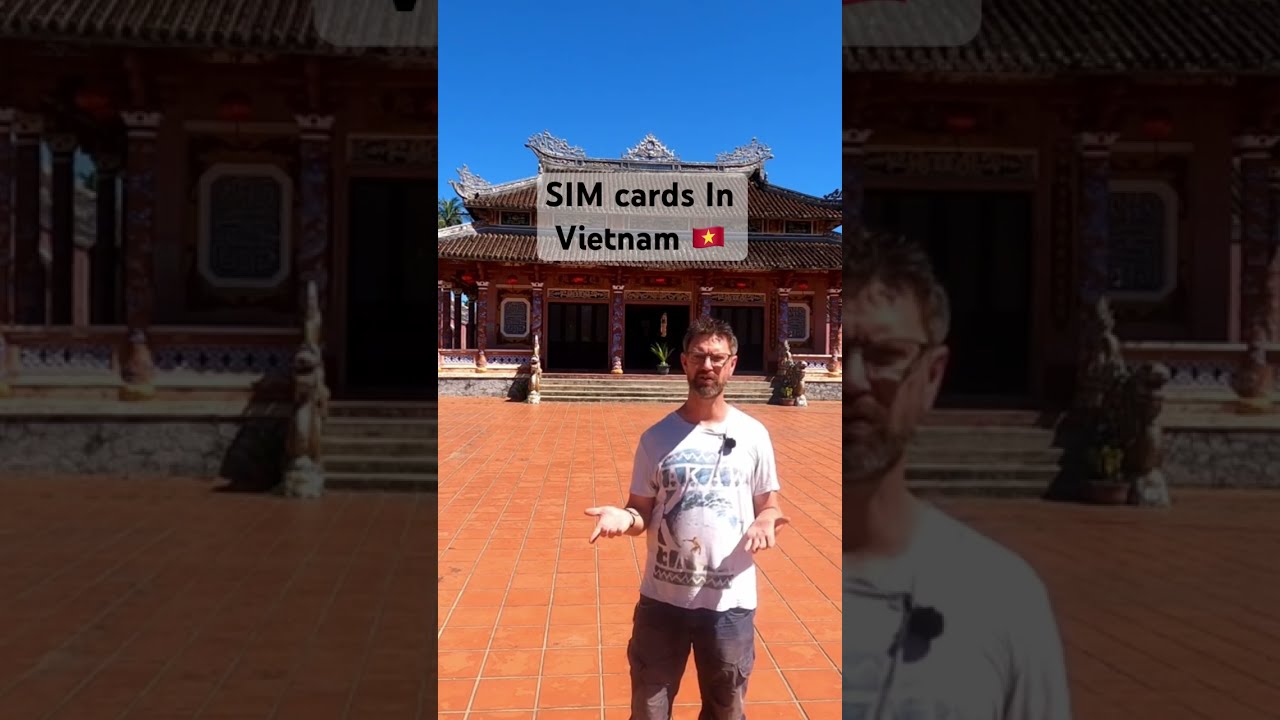This current trend of lucky mobile phone numbers within China may be seen as the latest superstition to emerge from the faddish and fetishism. It is also a form of expression, which shows people are concerned in the context of societal change that is sweeping.
According to Hobsbawm, and Ranger the invented customs could emerge during periods of major changes to society when old traditions disappear from the social fabric.
Market Value
Lucky Mobile is a popular credit card that is a prepaid SIM card, offering various information packages as well as affordable rates. The card is straightforward to operate and provides an unmatched connectivity. Lucky network sim cards are readily available in physical stores as well as online. Customers can pick from different time periods of validity that meet their budget and requirements.
In Vietnam there are many who want to own a fancy or VIP number. A lot of SMS messages are delivered to these people, offering exclusive numbers, or what’s known as “cantik” that people consider to be lucky. The model NgocTrinh is a prime case. She spent billions of dollars on an amount she believed to be lucky.
Lucky Mobile is a Canadian mobile prepaid provider operating via the Bell Mobility network. It sells its cards through Bell, Visions Electronics, Walmart, Circle K, Glentel (TBooth Wireless and Wireless Wave), Staples, Giant Tiger, and Dollarama establishments. They also offer cards via retail partners like Public Mobile and Telus. Its plans with low costs feature text and voice messages along with data and international calling.
Telecom Companies
The company was established in 2017. Lucky Mobile is a prepaid virtual network service that gives Canadians an affordable alternative to national cellular service providers. With a variety of plans for data, customers can choose a plan that best suits their requirements for communications and spending. This service provides exceptional network coverage, as well as affordable rates.
A few people will spend a lot of money to get these lucky numbers. While this craze is the most popular throughout Hong Kong where many think that they will bring them luck, there are a few elsewhere in Asia who do similar. There was a whole sim so dep industry created in the wake of.
In China, for example, the state-owned telecoms have also been criticized for cashing in on superstition by selling phone numbers which are believed to provide luck. This trend appears to be going to continue despite critics.
Cultural Beliefs
In a society where our economy is becoming ever more physical and people feel more and less secure, numbers are regaining their significance as spiritual and magical objects. Numbers can serve a variety of purposes, from announcing luck to alleviating stress and anxiety. They also have different meanings across cultures. The number three, for instance, is considered to be a lucky number for Swedish, South Koreans and Vietnamese. It is a symbol of balance as well as harmony, prosperity and peace in the same way that they say. Vietnamese word “three” that sounds similar to heaven, earth and ground means.
It can be argued that the creation of lucky numbers is a result of modernity’s deconstruction process (Giddens). For example, it is believed that the Chinese number 8 is regarded as extremely lucky because it sounds similar to the term “wealth,” and it is believed to improve one’s fortune and prosperity. Some Chinese will spend the sum of money to obtain a telephone number that begins with the number 8. The number 8 has now become considered a status symbol in China.
Consumer Behavior
The market for cellular phones has a variety of varieties of SIM cards. Customers tend to search for variety, and are often drawn to brands that provide unique features or discounts. Marketing professionals who know their stuff create customized services that assist customers select the best product.
COVID-19 presents a number of problems that manufacturers of mobile phones and wireless providers. There are production disruptions, labor shortages which have added to the delay in shipping. These problems have reduced cell phone shipments, and have slowed the development of next-generation products.
The criminals could use your cell number to fake your identity for the purpose of stealing personal information, or conduct fraudulent transactions, such as purchases on e-commerce sites. Avoiding SIM swapping requires cooperation between organizations, telecom operators and the public. Beware of numbers that have repeated numerals or either too short or long. This is particularly important when you are in the financial industry. Limit the amount of times you switch provider.

